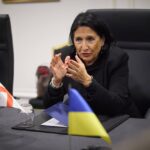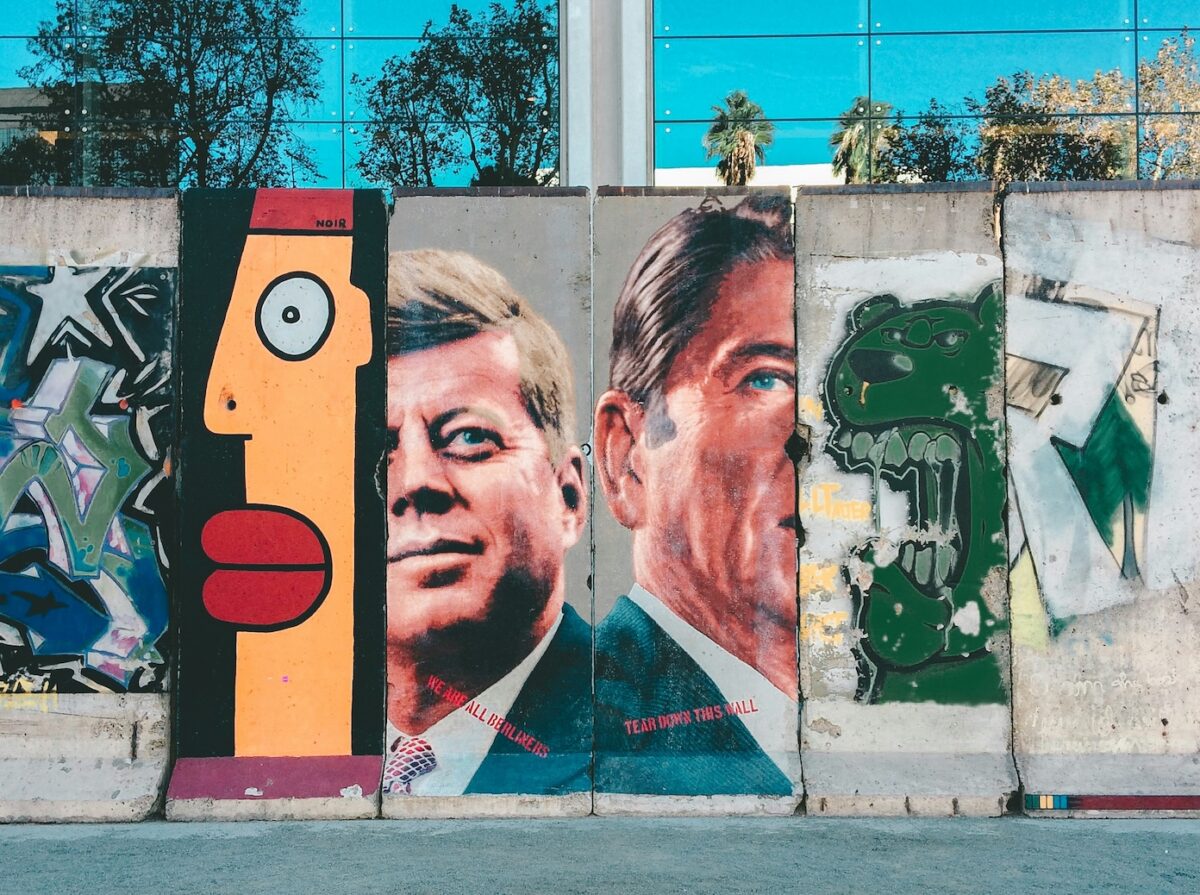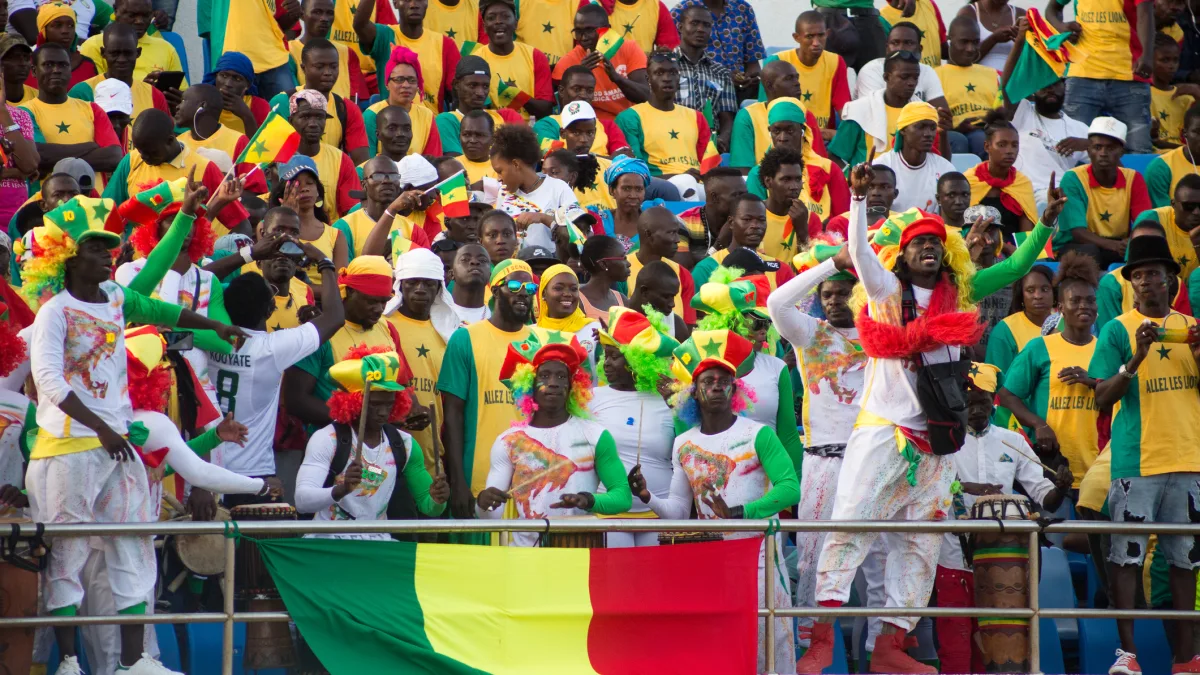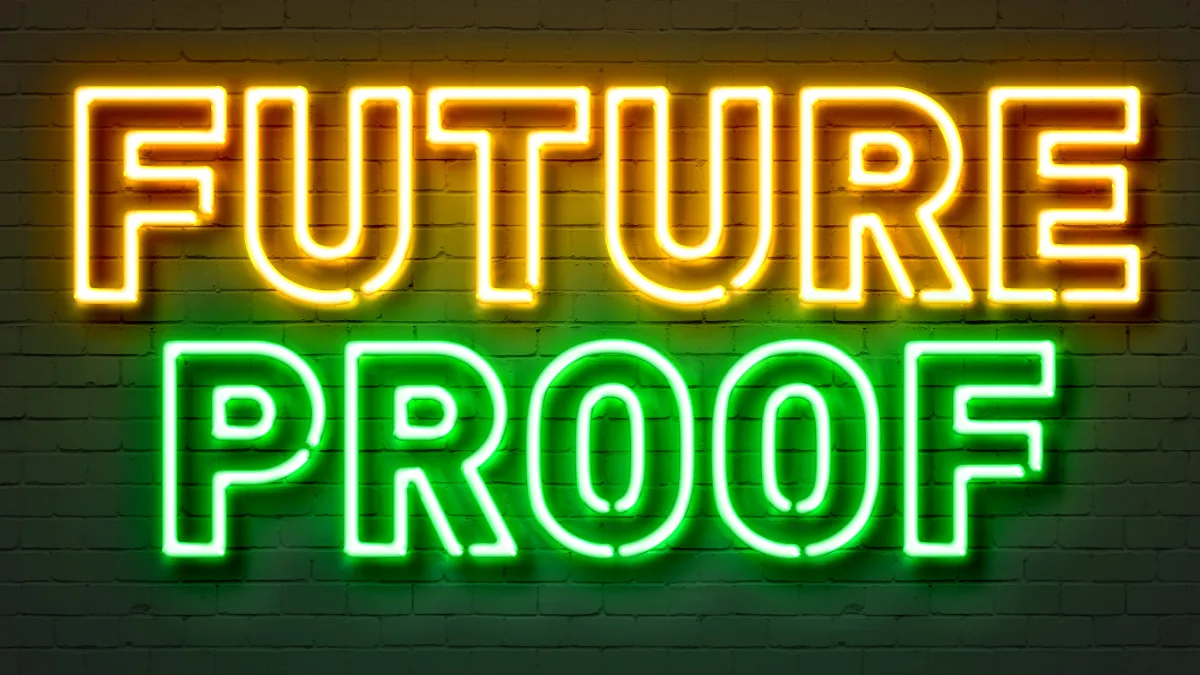It’s a question I am frequently asked: How political stable and predictable are the emerging Europe countries?
We all, including international investors who need to make essential financial decisions, tend to think of developed democracies as paragons of political stability. But recent years have shown that even the world’s most established political systems are far from immune to turmoil.
The United States, long viewed as a global leader in democracy, has been shaken by unprecedented political polarisation. The aftermath of Donald Trump’s first presidency exposed deep fractures in its democratic norms, from contested elections to violent insurrections. And he is about to restart his next presidency in just five weeks.
France, grappling with mass protests over reforms and inequality, faces a public increasingly at odds with its political elites. And the Fifth Republic’s government led by Michel Barnier collapsed just last week.
In Germany, coalition politics have led to policy gridlock and rising dissatisfaction. And here in the United Kingdom, Brexit has triggered years of political upheaval, exacerbated regional divides and shaken the foundations of what was once seen as one of the world’s most stable democracies.
These examples reveal a critical truth: stability and democracy cannot be taken for granted. Even systems with centuries of tradition and experience are vulnerable to disruption. If anything, they highlight the risks of complacency and the dangers of failing to adapt to new challenges.
Rewriting the narrative
For the emerging Europe region, this is both a cautionary tale and an opportunity. Just as the region has leapfrogged in areas like economic transition, technology and digital governance, it can also become a global leader in political stability and democratic innovation.
While its political systems have historically been characterised by turbulence—marked by corruption, polarisation, and weak institutions—the region now has a chance to rewrite its narrative.
Reinventing politics begins with rethinking stability. Stability does not mean stagnation or a resistance to change; rather, it should mean resilience, adaptability, and a commitment to inclusivity. The most stable political systems are those that reflect the needs and aspirations of their citizens, creating an environment where trust thrives, and progress is continuous.
How is it done?
The emerging Europe countries can build this by embracing three key principles.
First, transparency must be at the core of governance. Trust cannot exist without it. Governments across the region can adopt digital tools like e-governance platforms and blockchain-based voting to ensure accountability and accessibility. Estonia has already proven that these technologies work, and there’s no reason they can’t become standard across the region.
Second, political reinvention requires fostering a new generation of leaders who prioritise collaboration and inclusion. Younger politicians across emerging Europe are already pushing boundaries, advocating for policies rooted in sustainability, diversity, and innovation. By creating pathways for these leaders to rise, the region can break free from the cyclical grip of entrenched elites.
Finally, citizen engagement must be at the forefront. Stability flourishes when people feel heard. Participatory democracy tools—such as citizen assemblies and policy co-creation platforms—can bridge the gap between governments and their people. This approach not only enhances trust but also ensures that policies are reflective of real-world needs and priorities.
Reinventing democracy
The emerging Europe region has an opportunity to demonstrate that democracy can thrive in the face of modern challenges, especially now, when the centre of gravity in the Old Continent has moved eastwards.
By learning from the missteps of established democracies, the region can create systems that are not just more stable but also more innovative, inclusive, and forward-looking.
I still remember the reaction of a former French minister of industry and later of business, Alain Madelin, when I asked him what France could learn from Ukraine (and more broadly, emerging Europe) during a panel discussion I moderated about a month after Russia’s full-scale invasion.
He was stunned that I would even ask that question. Once reinvented, perhaps political stability could be added to the already long list.
As we see, the future of democracy isn’t guaranteed, but it can be reinvented. The emerging Europe region has the chance to lead that reinvention—not by following old models but by building new ones. It’s time to leapfrog into a future where political stability and democracy don’t just coexist—they flourish together.
Photo by Isai Ramos on Unsplash.







